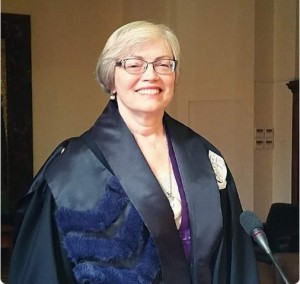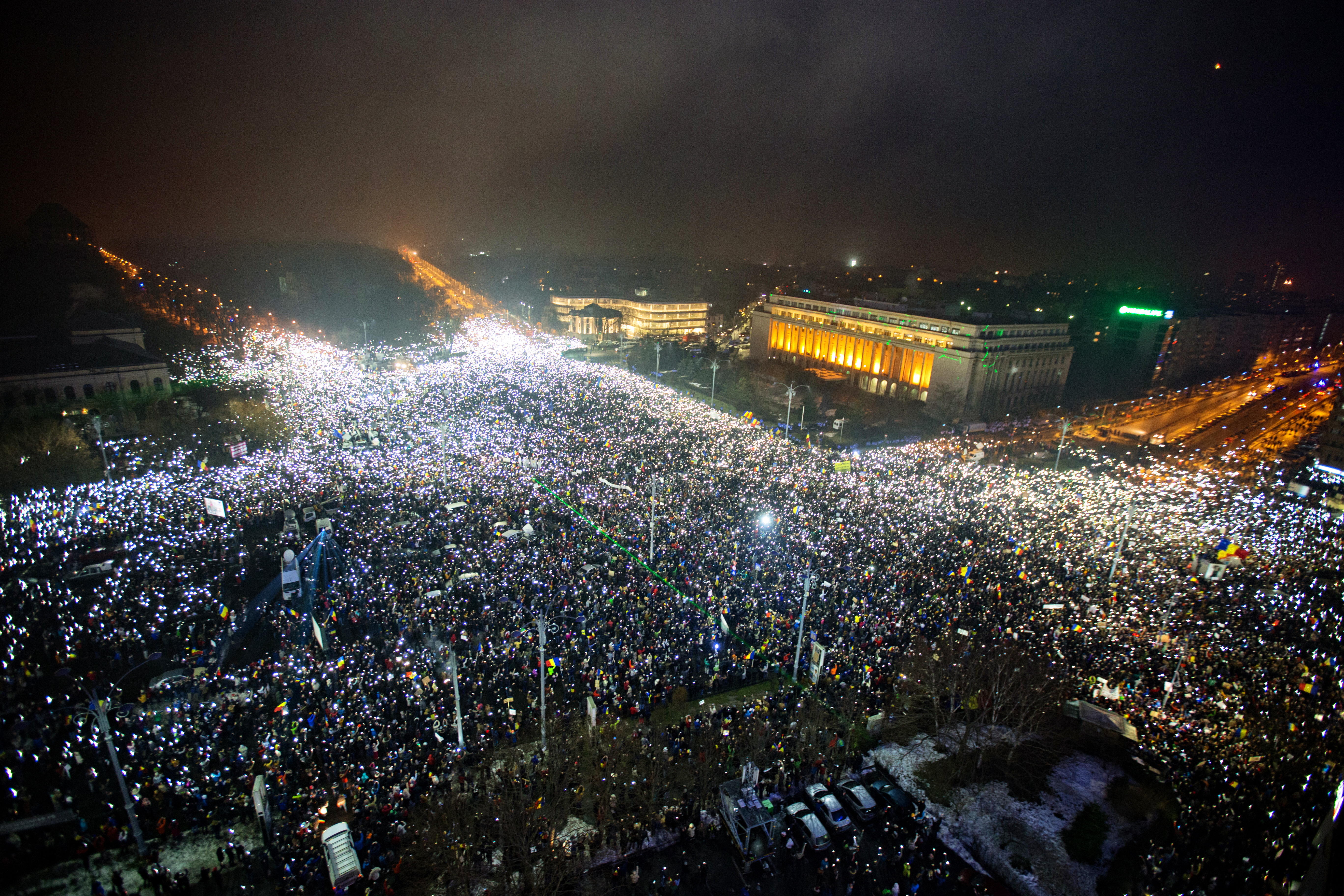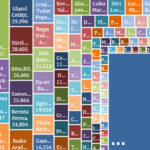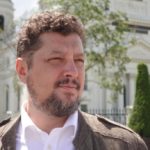In 1973, Katherine Verdery moved to Romania, the only country in the Eastern European bloc that welcomed Western scholars. She studied social inequality, ethnic relations and nationalism. After the fall of Communism she returned and looked at the transformation of socialist societies. Her most recent book, My life as a spy: Investigations into a secret police file was published in 2018, and it documents how the Romanian political police kept her under surveillance.
You experienced Eastern Europe before the fall of Communism: you came to Romania as a PhD student in 1973. How and why did you decide to study this part of the world?
Katherine Verdery: I think it was just inspiration. I didn’t really have a good reason. I had a professor who said, “It doesn’t matter where you go to do fieldwork, go someplace that you think has something interesting. Don’t worry about the problem you’re interested in, because every place is interesting and you will find interesting problems to study no matter where you go.” So that gave me free licence to think about places where I might like to go. I had an interest in “communism” from high school on, and that’s how I decided to go to one of the eastern European countries. And at the time I was going, Romania was the easiest one for Americans to do research in.
You have also written a lot about the changes in Eastern European societies after the fall of Communism. Most Eastern Europeans and some historians perceive the uprisings in 1989 as a rupture, as a break in the region’s destiny. But was it? You speak a lot about continuities. What changed and what continued after 1989?
Verdery: It’s a huge question. I did some research on property restitution in 1994-1998 and the book was published in 2003. Obviously ownership patterns changed significantly, but not necessarily who the owners are. What I think has happened in most of the Eastern European countries is that there has been a huge transformation in the rules for property ownership, but at the same time it was the same people, a class of “entrepratchiks”, who used their Communist-era relations and managed to acquire many of the goods in society and deprive other people of them. For instance, some people managed to get their hectares back, they succeeded and they’re happy.
But it turns out they can’t grow anything on them, so they end up giving the land back to an association or to another person who comes and cultivates it like a farm. The people may not be any closer to having any relationship with the land than they had had for the previous 40 years. I think, on the whole, the collapse of the communist systems has resulted in the rise of groups of mafiosos, or whatever you want to call them, many of whom had relations to the Communist Party of the past.
These are the “entrepratchiks” or political capitalists, people who were powerful in the communist regime and used that to become powerful during transitions?
Verdery: Different countries have different evolutions on that aspect. It’s become worse in Hungary now than it was right after the fall of communism. In Romania it’s rather equivocal: you have people like former Social Democrat Party leader Liviu Dragnea trying to gain power, but then he failed in his attempt. However, he certainly messed things up for a while. I think what we have now is a global order in which tremendous wealth is accumulated in the hands of some people in Western countries, and there is tremendous wealth accumulation in the hands of some people in the former Soviet bloc. To what extent these people are the same as before, to what extent the sources of wealth are different – that would be something that one would have to research more.
But it seems to me that we have two world blocs just as before, but with much more individualised action: people within one mafia system have friends in another mafia system.
In the US it is absolutely appalling to see this class of incredibly rich people just decimating the political system. I never would have believed it. I’m looking around me thinking, “This is not the world I grew up in. What the heck is going on?”
There is a really fundamental transformation globally and we don’t know where it’s going to end. I hope we get rid of this one that is running the US pretty soon. But it’s not clear that we will. Trump is backed by extraordinarily wealthy people who are very happy about what he is doing – destroying any use of public funds for supporting the citizenry.
We have indeed been talking about illiberalism, populism and rising nationalism in Eastern Europe too in recent years. You wrote about post-socialism, nationalism and political space, and you were saying it was not unseen before, especially in post-colonial states. It seems that Eastern Europe hasn’t overcome that phase of building and rebuilding national identities by excluding “the other”. What can these countries learn from other parts of the world who have been through this transition?
Verdery: It’s difficult to say what one country can learn from the other. But it is very disturbing and arresting intellectually that the countries that Europeans and Americans used to regard as the poster children of success, Hungary and Poland, have become absolute disasters.

Photo: University of Bucharest.
They’re leading the switch to the new authoritarianism. It’s hard to say whether that is something that they learned from their interaction with other systems in the world or if it’s something that they’re inventing together out of the shards of Communism. It could have considerable relations to what went on before 1989. I don’t know. But that’s the way I pose the question
How do you see Eastern Europe 30 years on?
Verdery: I think that we’re looking at the probability of a global financial crash in the next year or two that will make lots and lots of people miserable. In that sense, I do feel that what the communist system in Eastern Europe did accomplish was to create working classes with political consciousness and the feeling that it’s their right to take action.
In that sense, if what we come to finally is some sort of great clash between the forces of wealth and the rest of the world, Eastern European history indicates to me that those populations may be more active in trying to rectify the situation than the ones in the US and Western Europe, but particularly the US, where unions are being broken down, where every month there is an announcement about a union that is no longer functioning.
The organisation of resistance to the global elite will be affected by the history of communism in Eastern Europe.





